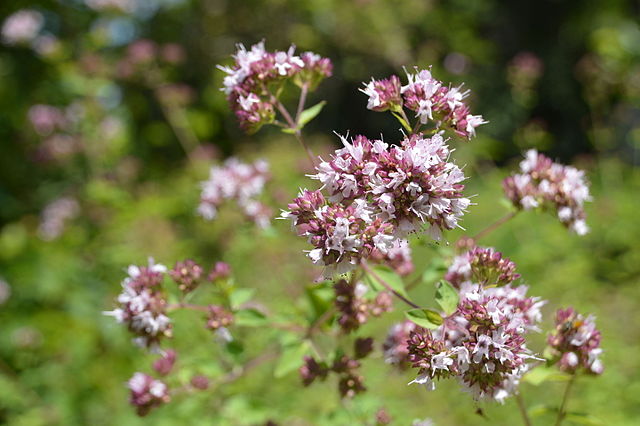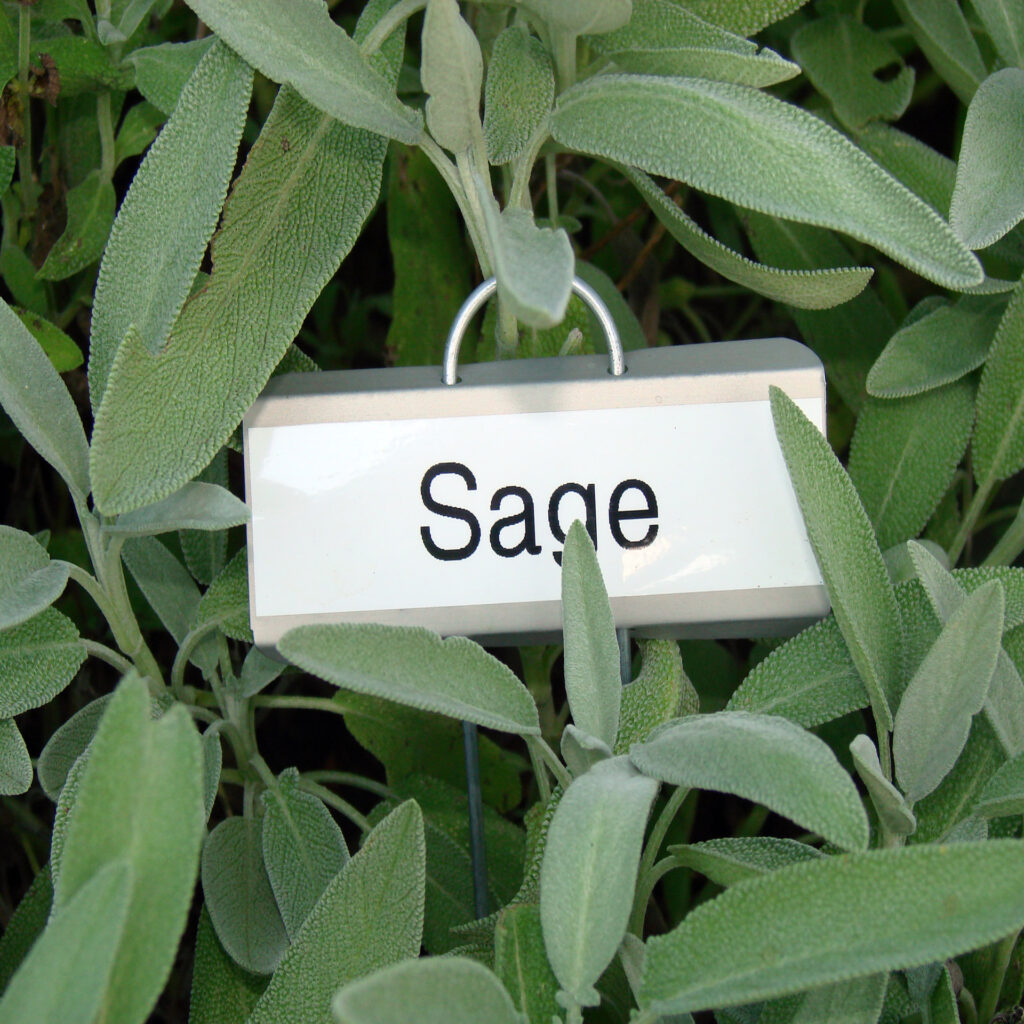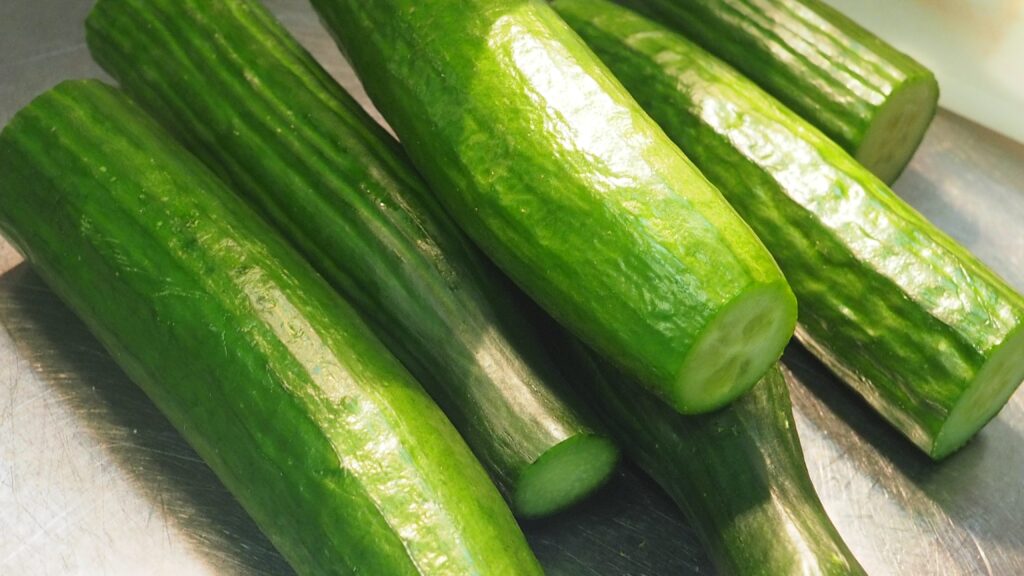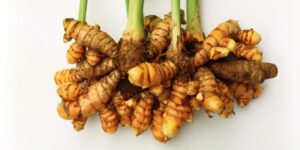
Chives are a perennial plant, meaning they come back every year. Chives are attractive plants that have long green leaves that are hollow and tubular.
The flowers of chives are small and purple, and they flourish in clusters on the end of the stems. The flower heads are known to attract bees to the garden.
They have a mild, onion flavor and can be used fresh in salads or cooked in dishes.
Moreover, They are very easy to maintain. They are also known to be natural insect repellents.
It has a mild flavor and can be added to many different dishes. Chives can be chopped and added to salads, omelets, or other egg recipes.
They can also be used in soups, sauces, and dressings. Fresh chives are a great way to add flavor to food without adding a lot of calories or fat.
They are known to be an excellent companion plant. In this article, we have compiled a list of best herbs to grow with chives.
Table of Contents
6 Best Herbs to Grow With Chives
1. Dill
Many gardeners enjoy planting Dill near Chives. Chives are a handy perennial that is often used in cooking, while dill is an annual herb that has a flavor reminiscent of fennel. Both plants are said to have beneficial effects when planted near one another.
Chives release strong chemicals that help to deter pests like aphids, which are known to feed on dill.
2. Parsley
Chives and Parsley are both popular herbs that can be planted together in the garden. They have complementary flavors, and their growing habits also complement each other.
Chives are a perennial herb that thrives in clumps, while Parsley is an annual herb that has a sprawling growth habit. Chives can also help to keep Parsley plants tidy by clipping off the flowers and seed heads as they form. In return, Parsley provides nutrients to the chive plants through its leaves and root system.
Chives and Parsley are great companion plants for each other, and provide benefits to each other that can’t be found when they are planted separately.
3. Marjoram

When planted together, chives and Marjoram make a great companion plant. Chives also help to deter harmful pests, while Marjoram attracts beneficial insects. When planted together in a garden, both can help keep your garden healthy and pest-free.
4. Tarragon
Gardeners consider chives and tarragon to be good companion plants. Both of these plants nurture well under the same climatic conditions.
They are often planted with many vegetables because of their ability to repel insects as well as helping to maintain good soil health.
5. Cilantro
Cilantro are known to be one of the best herbs to grow with chives. When planted near veggies, both these herbs are capable to attract insects that ward off notorious bugs known for destroying veggies.
Cilantro and chives are generally planted together because they do not hamper each others growth. Moreover, both these herbs can flourish in similar climatic conditions.
6. Basil
One of the favorite companion herbs that gardeners often plant together are basil and chives. They are known to produce strong chemicals that help to ward off insects.
Chives and Basil can be planted together on the periphery of certain plants which helps to protect them from the attacks of certain insects.
See: 8 Medicinal Herbs You Can Grow at Home
What Not To Plant With Chives
1. Oregano
Oregano usually flourish under dry conditions unlike chives. If you want to plant them for your garden, make sure to plant them in separate pots.
2. Sage

Sage aren’t known to be one of the best herbs to grow with chives. You must plant these two at a considerable distance.
3. Thyme
Thyme prefers dry soil which is unfavorable for herbs like chives, basil and cilantro.
4. Rosemary
It is advised that rosemary should be planted in dry soil. Additionally, chives need more water for growth compared to rosemary. Therefore, it is better to plant them in different containers.
5 Best Plants to Grow With Chives
1. Carrots
Gardeners prefer chives to grow near carrots because of their ability to repel insects, enhance taste, and aid in the growth of carrots.
2. Tomato
Chives contain certain chemicals that help to prevent pests like aphids from damaging the tomato crops. They are also helpful in the growth of tomatoes when planted together because they attract beneficial pollinators.
3. Lettuce
Lettuce and chives are considered natural companion plants. Gardeners plant chives between the rows of lettuce plants to repel aphids.
4. Cucumbers

The oniony aroma of chives help to ward off notorious pests like cucumber beetles. These pests usually damage the leaves, flowers and fruits of the veggie.
5. Cabbage
Chives and Cabbage are known to be good companion plants to grow when planted alongside each other. Cabbage when planted near chives help to make it more savory.
See: Beware: Don’t Touch These 9 Dangerous Plants!
FAQs
How far apart should chives be planted?
Chives are generally planted 6 to 14 inches apart.
How do I make my chives thicker?
Selecting the wrong soil can hamper the thickness and growth of chives. Chives grow well when planted in a well-drained mixture of sandy-loamy soil.
They grow thicker under bright sunlight and humid conditions.
Do chives grow slowly?
Chives grow slowly just like other herbs. However, consistent pruning can help it grow a bit faster and better.
Do chives multiply?
Yes, chives do multiply.
Do chives grow back after cutting?
Yes! Chives are known to grow back after cutting.
Are chives invasive?
Chives are known to be an invasive plant. You can stop it by deflowering it.
Conclusion
Chives are an important companion plant that should not be planted alone. Although you have to keep in mind about the best herbs to grow with chives because some herbs and plants aren’t suitable companions.
Although chives are low-maintenance herbs, you must ensure proper watering and pruning to get better yield.



